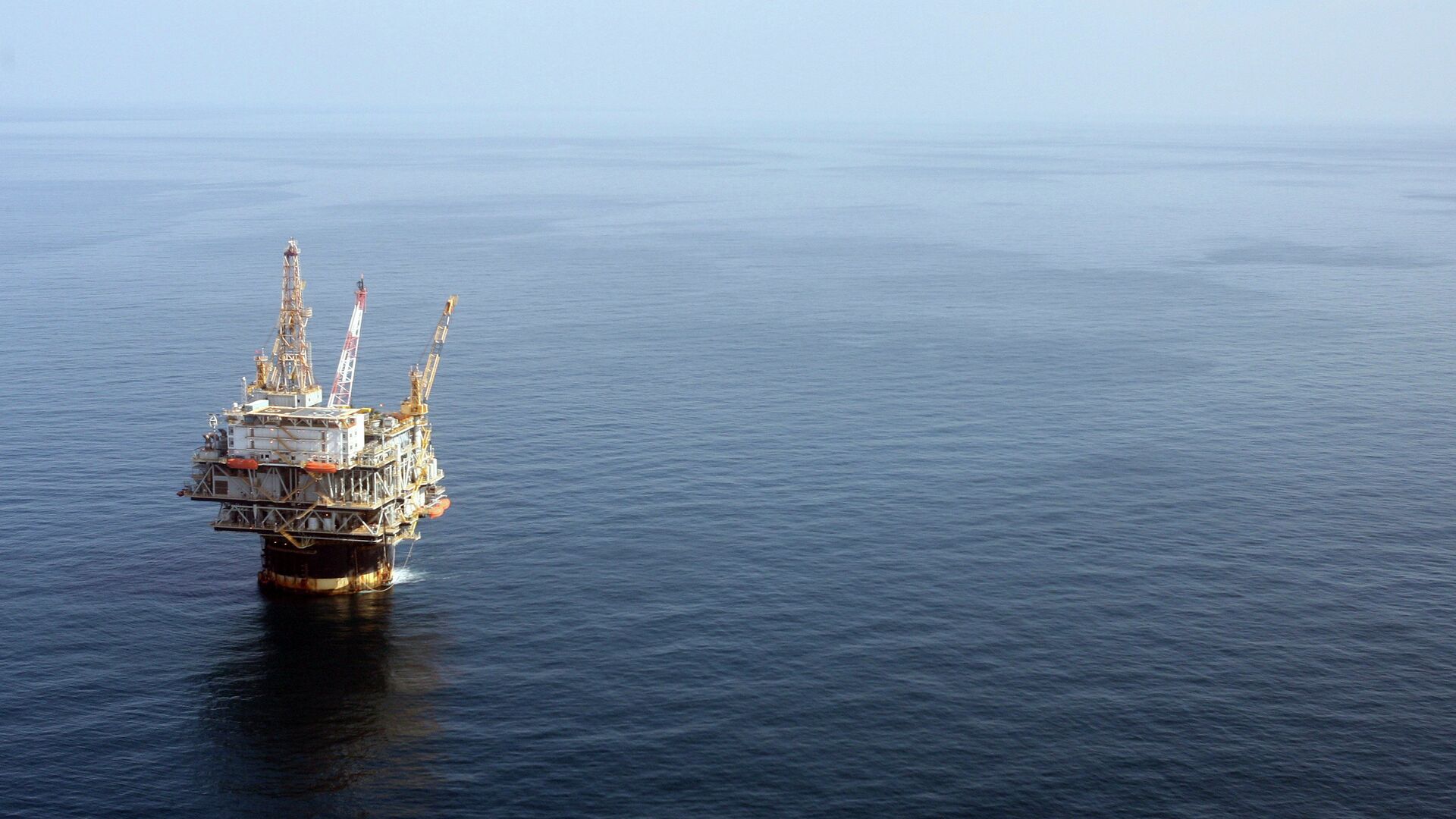California County Rejects ExxonMobil Bid to Restart Offshore Oil Wells Blamed for 2015 Disaster
22:01 GMT 09.03.2022 (Updated: 13:28 GMT 06.08.2022)

© AP Photo / Mary Altaffer, file
Subscribe
California’s Santa Barbara County has rejected a plan by petroleum giant ExxonMobil to restart three offshore oil platforms that were turned off after a catastrophic oil spill in 2015.
Santa Barbara County’s Board of Supervisors voted 3-2 on Tuesday to reject a proposal by ExxonMobil to set up interim trucking routes to transport crude oil from the platforms, allowing them to restart production. The plan would have allowed 24,800 oil truck trips per year along Highway 101, a coastal route, and Route 166, a hazardous inland route that cuts across numerous mountain ranges.
“We disagree with the decision, which disregards our employees, contractors and countless others working in California’s oil and gas industry who depend on these jobs to support their families,” ExxonMobil said in a statement. “ExxonMobil has met all of the requirements for issuance of the permit, which has gone through extensive environmental review and public comment.”
The pipeline that previously carried oil from the platforms ruptured on May 19, 2015, spilling 140,000 gallons of crude oil onto land and sea near Refugio State Beach, causing major ecological damage in an ecologically sensitive area and costing the state $74 million. However, even that impact paled in comparison to the massive 1969 blowout of an offshore well during drilling, which at the time was the largest ever in US waters.
According to a recent report in the Santa Barbara Independent, there are 23 out-of-date oil platforms off the Santa Barbara coast, eight of which are set to be decommissioned in the next decade. The process will involve plugging the wells and removing the oil infrastructure, including the pipelines and cables that connect them to shore.
“Recent oil tanker truck accidents and offshore oil spills show how dangerous ExxonMobil’s proposal to restart its offshore oil platforms and truck crude oil along scenic and perilous county highways is,” Linda Krop, chief counsel of the Environmental Defense Center, said in a Tuesday press release by nonprofit conservation organization Biological Diversity.
“Our research revealed that there have been eight serious accidents involving tanker trucks along the route in the last several years, resulting in deaths, oil spills, injuries, fires and road closures,” Krop added. “We applaud the board’s vote against ExxonMobil’s project, which puts the safety of our communities, climate and coastlines first.”
The news comes as a bitter fight over US oil production has resumed following US President Joe Biden’s decision to ban oil imports from Russia as part of his administration’s response to Moscow’s launching of a special military operation in Ukraine.
The threat of sanctions have driven the price of crude oil up in international markets over the past two weeks, and US gasoline prices have hit their highest point in 15 years. With the US already facing its worst inflation in 40 years thanks to higher shipping costs created by the COVID-19 pandemic, investors are expecting the situation to become even worse.
Challenged by a journalist about increasing domestic oil production on Monday, White House spokesperson Jen Psaki said that under Biden, US oil production had reached “record numbers” and that 9,000 oil drilling permits were not being used, rejecting claims his administration was barring new drilling projects from starting. Biden has promised to begin the process of reducing US use of fossil fuels, including petroleum, in an effort to curb the effects of human-induced climate change. On his first day in office, Biden ordered a halt to drilling projects on sensitive US federal lands.
Let's stay in touch no matter what! Follow our Telegram channel to get all the latest news: https://t.me/sputniknewsus
